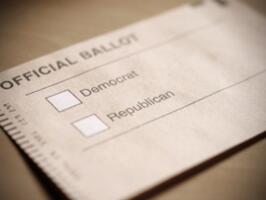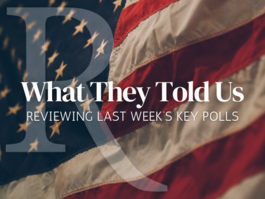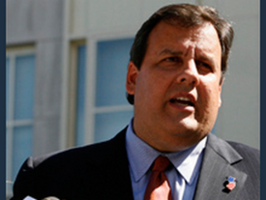September 16, 2013
Most voters still don't like the national health care law and expect it to increase, not reduce, health care costs.
The latest Rasmussen Reports national telephone survey finds that 43% of Likely U.S. Voters share at least a somewhat favorable opinion of the health care law, but 53% view it unfavorably. As has been the case since the law's passage by Congress in March 2010, the passion remains on the side of its opponents: The new findings include 18% with a Very Favorable opinion of the law, but more than twice as many (38%) view it Very Unfavorably. (To see survey question wording, click here.)
Special offer : A Rasmussen Reader subscription that lasts through December 31, 2014 is now just $24.95. Sign up today!
How did you do in this summer’s Rasmussen Challenge? Check the leaderboard.
(Want a free daily e-mail update? If it's in the news, it's in our polls). Rasmussen Reports updates are also available on Twitter or Facebook.
The survey of 1,000 Likely Voters was conducted on September 14-15, 2013 by Rasmussen Reports. The margin of sampling error is +/- 3 percentage points with a 95% level of confidence. Field work for all Rasmussen Reports surveys is conducted by Pulse Opinion Research, LLC. See methodology.













